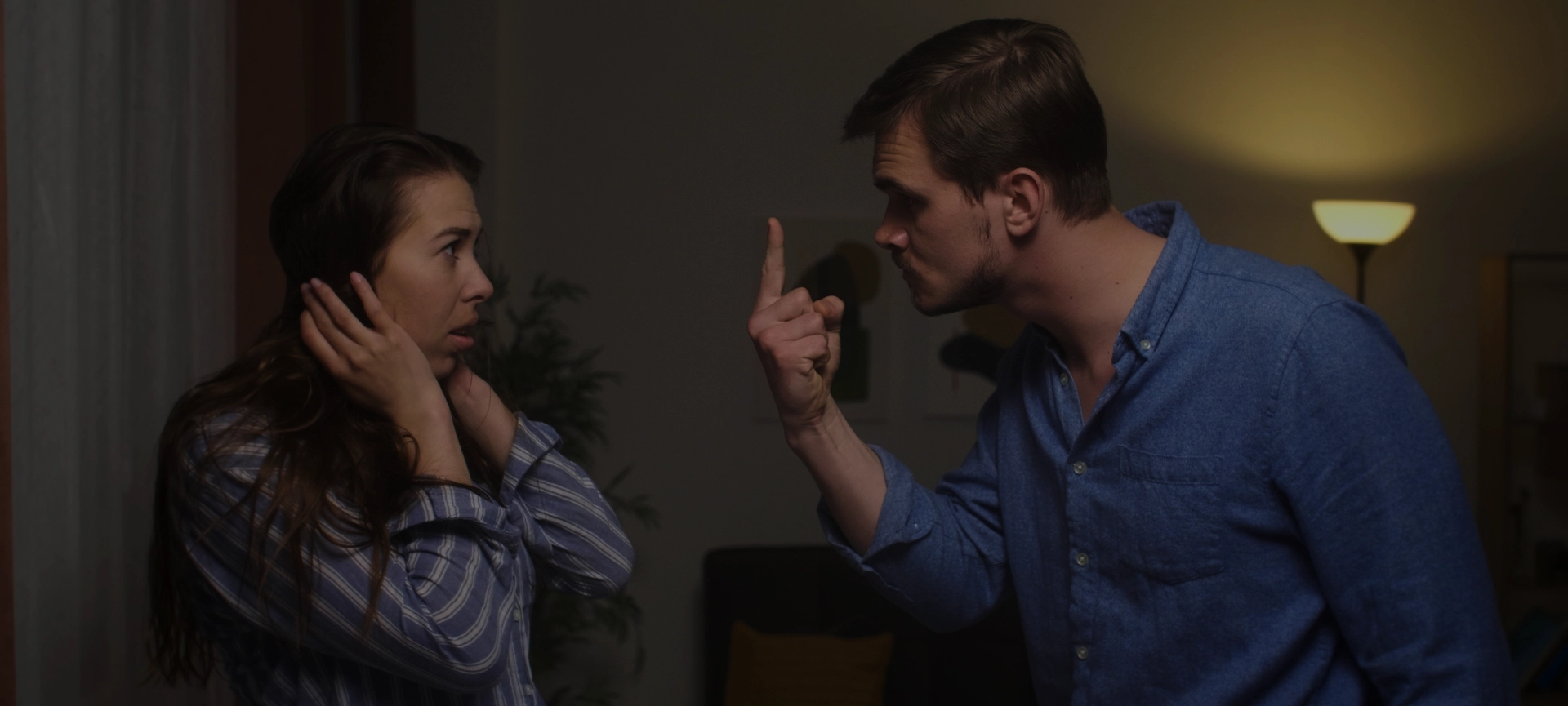“There’s been a creep,” said Michael Spratt, an Ottawa criminal defence lawyer. “Police, Crowns and judges really default to incarcerating people or releasing people with very strict conditions, when probably that’s not the most cost-effective way to do things, and it’s certainly not a method that increases public safety.”
Spratt pointed to several changes over the past decade, including the replacement of regional jails with so-called super jails, mandatory minimum sentences and the creation of a reverse-onus bail system. Combined, these factors have led to “exploding numbers of individuals in custody,” Spratt said.
Spratt and others advocates for bail reform want the courts to speed up the process for people accused of non-violent offences, property crimes or administrative violations such as breaking curfew.
Both Spratt and Langevin said onerous bail conditions set their clients up to fail, making a return to jail virtually inevitable. That’s exacerbated by the fact that many inmates are made vulnerable by mental health issues or addictions, and find day-to-day life hard enough without having to adhere to court-imposed conditions, the lawyers said.
Read Julie Ireton‘s full article: CBC News



